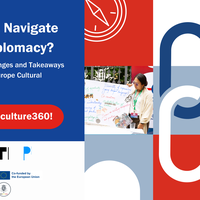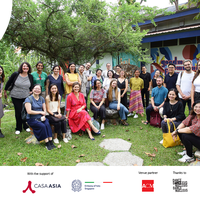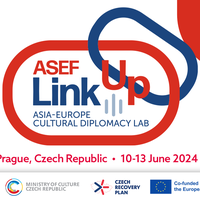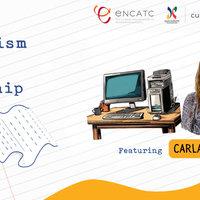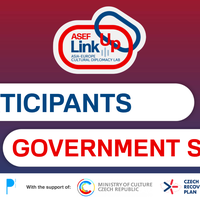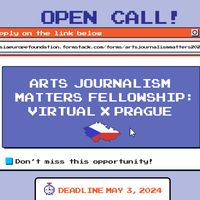ASEF LinkUp2024 | Arts Sector Participants Announced!
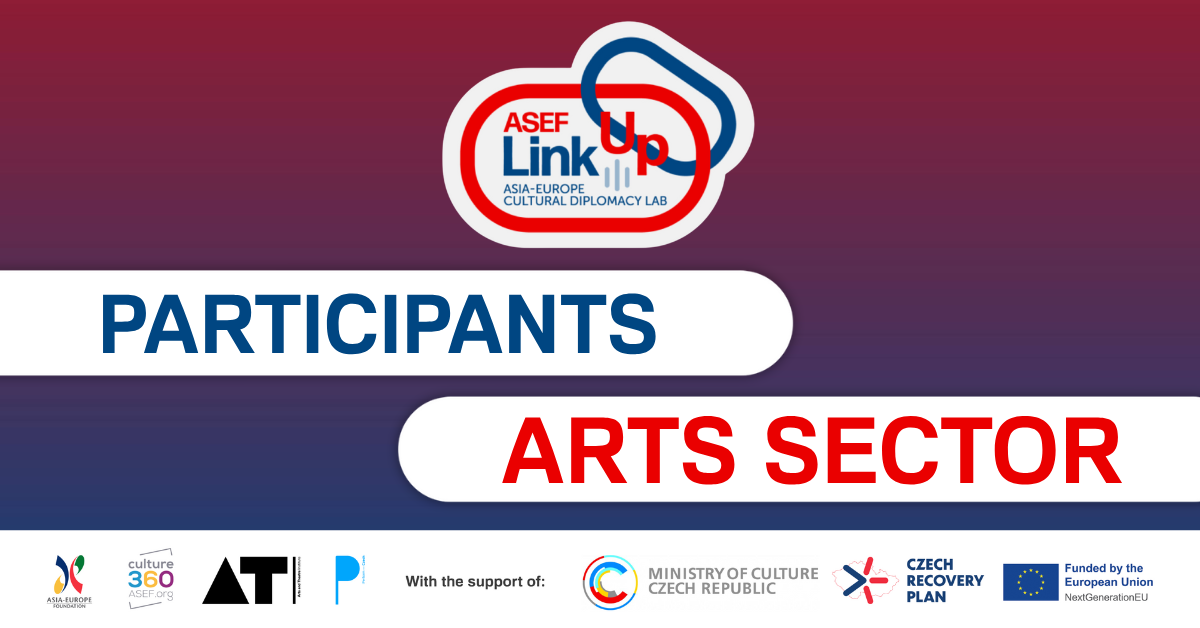
ASEF LinkUp | Asia-Europe Cultural Diplomacy Lab 2024 is almost here!
Taking place from 10 to 13 June in Prague, Czech Republic, ASEF LinkUp will serve as a meeting point for 20 selected participants from the cultural and government sectors to combine knowledge and approaches from Asia and Europe and broaden new perspectives to cross-regional relations. With this edition, participants will be invited to explore future orientations in Asia-Europe cultural relations with a focus on identifying imbalances and providing solutions for fairer cultural exchanges.
All participants for this programme are co-selected by the organisers, ASEF through its arts and culture website, culture360.ASEF.org and the Arts and Theatre Institute (ATI) and are by invitation only.
This year's participants hail from the Czech Republic, Japan, India, Myanmar, Philippines, Singapore, Slovenia, Thailand and the United Kingdom. The selected participants from the arts sector share their observations of what they've noticed in their area of work, country and region about cultural diplomacy, what are some trends that are emerging, what is going well and not so well.
Navigating an era of cultural ambiguity
The term 'cultural diplomacy' encompasses a complexity of objectives and a diversity of interpretations. Despite the layers of complexity in understanding the concept, what is clear is its inextricable link to politics and how its scope often changes in accordance to geopolitical dynamics.
Being mostly based in the United Kingdom (UK), Clymene Christoforou, arts producer, cultural policy advisor and Director of D6 Culture in Transit (UK) and D6: EU (CY), pinpointed the impact of Brexit and practical, operating realities D6 faces.
With D6 operating internationally, new routes of engagement had to be found as they were no longer eligible to be part of Creative Europe projects as a paid partner and their position was therefore weakened in relation to the proactive role the organisation could play. D6's sister organisation in Cyprus, D6:EU, on the other hands is able to fully engage as an EU member, accessing programmes and initiatives, reaching out to partners in the Eastern Mediterranean.
Jerneja Rebernak, Project and Partnerships Manager at the Decolonising Arts Institute - University of the Arts London, from Slovenia echoes the same sentiments, that the UK and its Brexit politics has been a worrying answer to a polarised society that has suffered imposed austerity for decades.
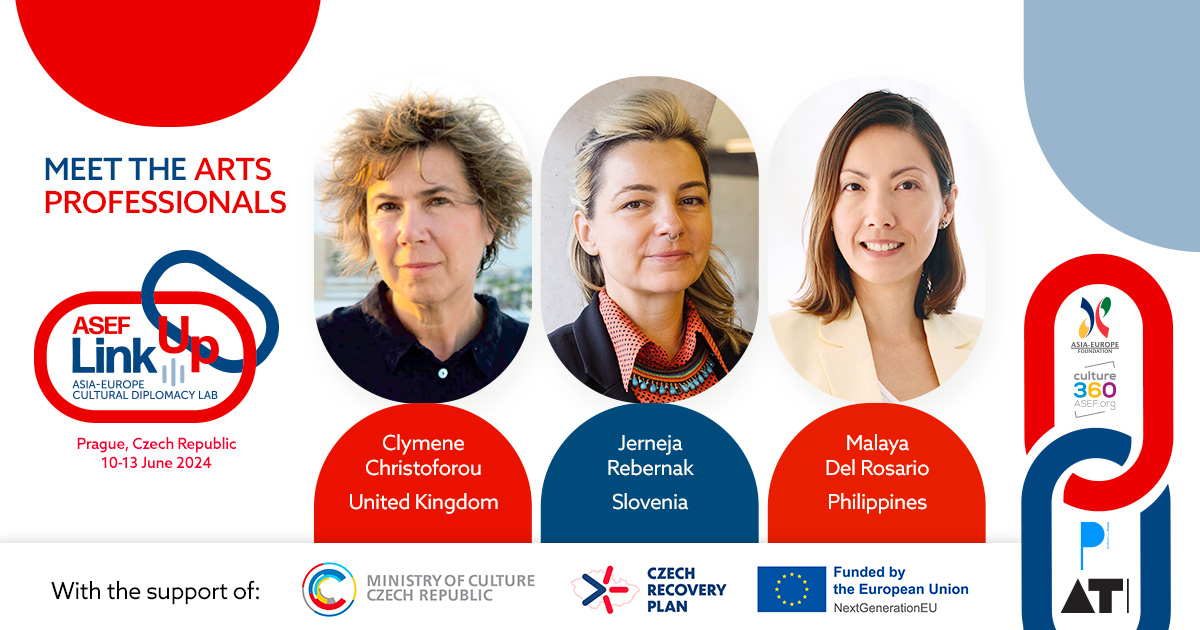
Collaboration and Connection
Across the Philippines and Myanmar, there is a common thread of limited opportunities and access to resources faced by local practitioners when it comes to participating in international and collaborative projects. In both contexts, the arts ecosystem is often undersupported and underdeveloped as shared by Malaya Del Rosario, independent arts and creative economy consultant from the Philippines and Zun Ei Phyu, Programme Manager of Networks and Alliances of Mekong Cultural Hub from Myanmar.
Malaya Del Rosario (Lai): "In the Philippines, there is an overall lack of experience in navigating international opportunities that exist; lack of knowledge and maybe empowerment in developing international partnerships and how these can benefit their work; lack of knowledge in connecting their work to wider development goals; lack of networks; lack of funding mechanisms that support multilateral exchange; many funding opportunities come from the West and therefore the Global South often ends up being a 'participant' or beneficiary rather than a driver for change."
Zun Ei Phyu: "Artists and cultural practitioners from Myanmar face similar challenges when participating in international programmes and collaborative projects, which often require involvement from collaborators in the grant-giving country. This poses a significant challenge for many local artists who might have excellent ideas but lack connections in that particular country. As a result, there is a crucial need to bridge this gap and connect local artists with international collaborators."
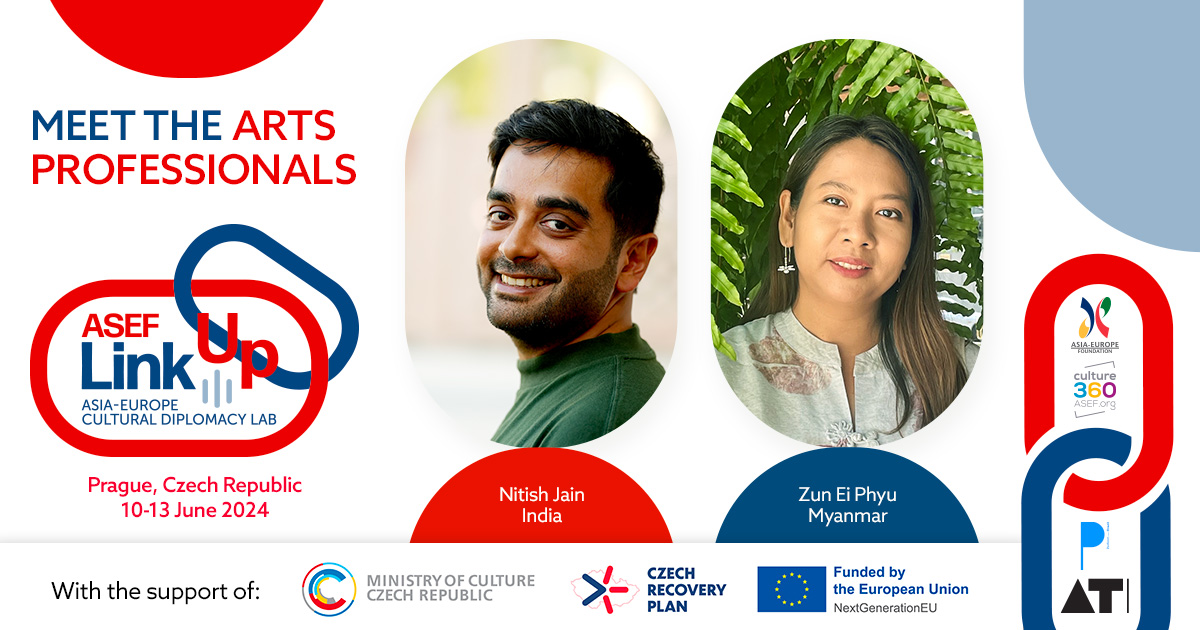
Short term vs long term cultural diplomacy approaches
From other parts of Southeast Asia, Artistic Director of Bangkok International Performing Arts Meeting (BIPAM), Sasapin Siriwanij, highlights the tension between short term and long term approaches in cultural diplomacy.
Sasapin Siriwanij: "In Thailand, a prevalent trend in cultural diplomacy is the tendency towards short-term, superficial approaches, often favoring immediate spectacle over long-term depth and sustainability. Artists frequently face challenges in gaining recognition and support for their work, with success often dependent on validation from international bodies, typically Western organisations or festivals. There is a notable lack of continuity in nurturing artistic talent, with policies and funding schemes prioritising flashy, one-off events rather than investing in research and development for lasting impact."
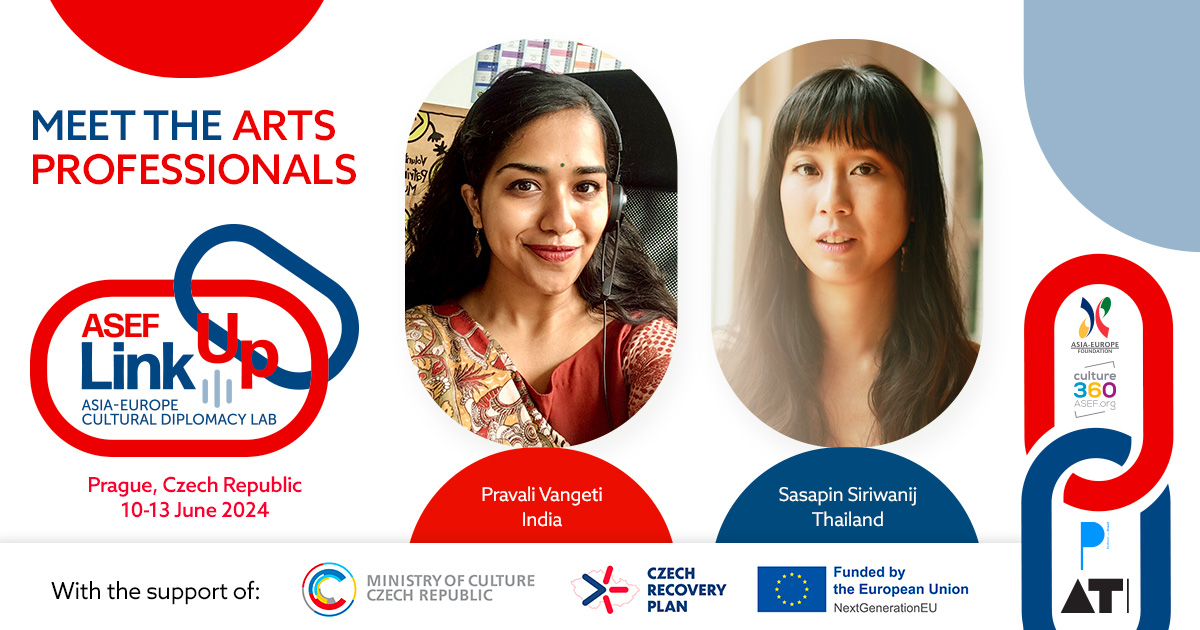
Economic vs societal value of the arts
The arts community in the Czech Republic is grappling with a remarkably similar challenge, where the commercial potential and measurable outcomes of the arts are often prioritised over individual mobility and artistic collaboration, as shared by Kryštof Koláček, Manager and Executive Producer of Divadlo X10, Association of Independent Theatres Czech Republic.
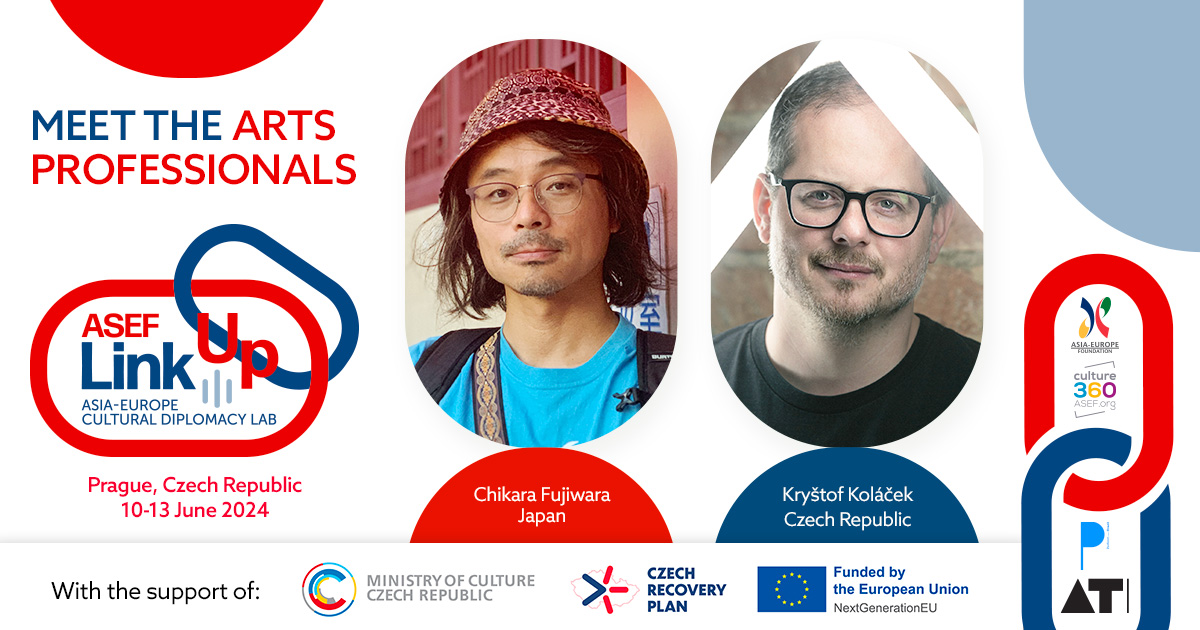
Closed door mentality
Chikara Fujiwara, an artist based in Yokohama, Japan and Performance Maker, Architect, Educator, Nitish Jain who is based in the Czech Republic, highlight the issue of a closed-door mentality from where they are at.
Japan is known for its policy of 'national isolation' during the 17th and 19th Century, and it’s not easy for the locals to escape from this mindset. Factors such as low penetration of English, COVID-19, shrinking cultural budgets after the Tokyo Olympics 2020-21, coupled with limited media coverage of international activities, are one of the reasons for why Japanese people from becoming curious about foreign cultures.
While in the Czech Republic, its homogenous arts ecosystem makes it challenging for non-Czech artists to integrate easily. There is a lack of funding opportunities and platforms for showcasing the work for artists who are not from the country, especially those who come from other continents and/or are artists of color.
What's next?
Despite the roadblocks, the prospect of finding a collective breakthrough in shaping the future of cultural diplomacy is very much evident amongst the participants. As pointed out by Jerneja, "new interdisciplinary models of practice can boost sense of belonging and propose solutions that can’t be addressed when working in silos, when disciplines work in isolation."
In the coming weeks, the meeting between the arts professionals and government sector during ASEF LinkUp 2024 will provide an opportunity for individuals from different quarters of the arts ecosystem to work together in fostering fresh perspectives on cross-regional relations.
Stay tuned for more conversations about this year's #ASEFLinkUp by following ASEF culture360's social media channels - Facebook, X and Instagram to stay updated.
Similar content
By culture360
05 Aug 2024
By Kerrine Goh
01 Nov 2023
posted on
28 Mar 2024
By Carla Castle
25 Jan 2024
By culture360
30 May 2024
deadline
03 May 2024

